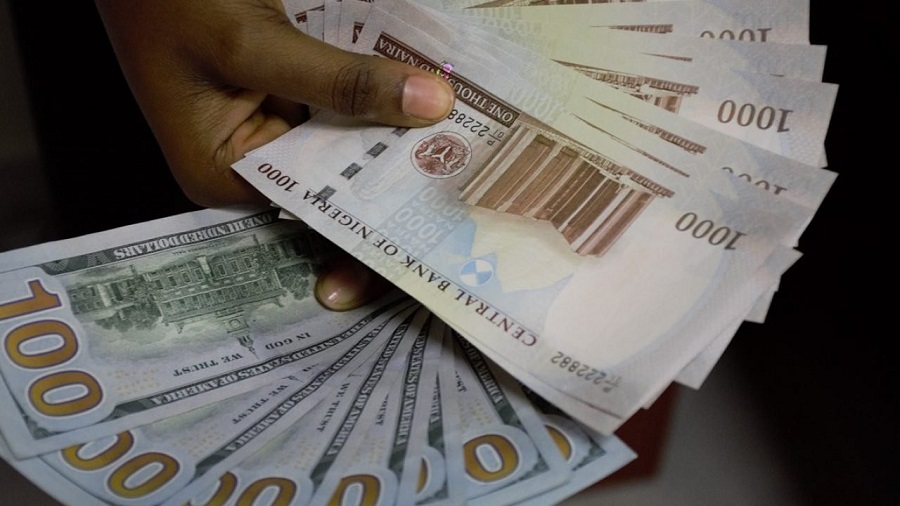The World Bank has predicted that the effects of COVID-19 pandemic could see further drastic deterioration in the standards of living of Nigerians and push a fresh 20 million citizens into poverty by 2022.
Although the institution listed some steps for the country’s managers to take in order to avoid this calamity in a report “Nigeria Development Update (NDU)” launched in Abuja.
The Bank’s Country Director, Shubhan Chaudhuri insisted that the Bank will not release the much expected $1.5billion loan to cushion the effects of the pandemic until central bank further devalued the Naira.
The report warned that in the next three years, an average Nigerian could see a reversal of decades of economic growth and the country could enter its deepest recession since the 1980s.
“The pandemic is disproportionately affecting the poor and most vulnerable, women in particular.
“In the absence of measures to mitigate the impact of the crisis, the number of poor could increase by 15 to 20 million by 2022.
“Food insecurity has increased substantially and economic precarity is on the rise because unemployed workers have migrated to the low-productivity agricultural sector,” the report stated.
The report titled, “Rising to the Challenge: Nigeria’s COVID Response” takes stock on the recently implemented reforms and proposes policy options to mitigate the impact of COVID-19 and foster a resilient, sustainable, and inclusive recovery.
Chaudhuri said “Nigeria is at a critical historical juncture, with a choice to make.
“Nigeria can choose to break decisively from business-as-usual, and rise to its considerable potential by sustaining the bold reforms that have been taken thus far and going even further and with an even greater sense of urgency to promote faster and more inclusive economic growth.”
NDU projects that the economy could shrink up to four percent in 2020 following the twin shocks of COVID-19 and low oil prices.
To avoid the doom, however, “Nigeria can build on its reform momentum to contain the spread of COVID-19, stimulate the economy, and enable the private sector to be the engine of growth and job creation.
“It can also redirect public spending from subsidies that benefit the rich towards investments in Nigeria’s people and youth in particular, and lay foundations for a strong recovery to help make progress towards lifting 100 million people out of poverty,” said Marco Hernandez, World Bank Lead Economist for Nigeria and co-author of the report.
Looking ahead, the NDU discusses policy options in five areas that would help mitigate the effects of the crisis and support Nigeria’s recovery, including, managing the domestic spread of COVID-19 until a vaccine is available for distribution; enhancing macroeconomic management to boost investor confidence.
Others are safeguarding and mobilizing revenues; reprioritizing public spending to protect critical development expenditures, and supporting economic activity and access to basic services and providing relief for poor and vulnerable communities.
During the virtual launch, Chaudhuri who acknowledged efforts that had been put into reforms since April by authorities insisted that they were not enough as more has to be done before it can approve a $1.5 billion loan.








Comments are closed.